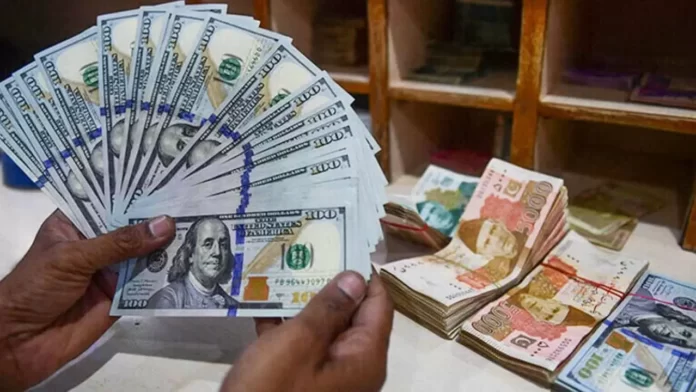The federal government has unveiled a comprehensive set of austerity measures to reduce expenditures by Rs1.4 trillion in a bid to address fiscal challenges and secure economic stability.
According to a report by The News, the Cabinet Committee on Economic Revival (CCER) laid out a detailed roadmap, including the freezing of salaries, pensions, and allowances, as well as a gradual reduction in the officer-to-staff ratios across government departments.
Under these ambitious plans, the caretaker government has finalized a series of recommendations that call upon both federal and provincial governments to gradually reduce officer-to-staff ratios to one-third of their current levels. This move is expected to streamline the public sector workforce and yield substantial savings.
One key aspect of the government’s strategy is restructuring development spending. The government is recommending a reduction in the Public Sector Development Program (PSDP) at the federal level and Annual Development Plans (ADPs) at the provincial level. This reduction will be achieved by halting new schemes and transferring existing provincial schemes to the respective federating units.
Another significant target is the review of untargeted subsidies and grants, with a particular focus on the power sector subsidies. The accumulated bills of subsidies currently stand at a staggering Rs1.064 trillion, with the power sector subsidies accounting for a substantial portion of Rs0.97 trillion. The government aims to meticulously review all these funding initiatives, eliminating any unnecessary or untargeted expenditure.
According to estimates provided by the Ministry of Finance, the restructuring of PSDP schemes and the reduction in operational spending on devolved ministries could save the federal government Rs315 billion and Rs328 billion, respectively, for the current fiscal year, the report says.
The government is also keen to promote feasible public-private partnership (PPP) projects. At the federal level, it plans to shift 50 percent of the PSDP portfolio to the newly established Public Private Partnership Authority, known as the P3A pipeline. This move is expected to foster private sector participation in critical development projects.
Crucially, the government has committed to adhering to International Monetary Fund (IMF) conditions, including the prohibition of supplementary grants during the current fiscal year. Under the $3 billion standby arrangement (SBA) program with the IMF, the government is bound by this condition, emphasizing its commitment to fiscal responsibility.





This is a fascinating topic. I’m delighted you shared this fantastic article post with us. This insightful material will undoubtedly be shared with my friends and on other social media platforms.
lmao, even South Africa’s govt is doing better than our government, they have introduced grants like, SASSA etc
The government announces stringent cost-cutting measures to reduce expenditures by Rs1.4 trillion. These measures include streamlining administrative processes, optimizing resource allocation, and negotiating cost-effective contracts. Additionally, in a separate development, Airblue Flight has introduced efficiency initiatives to align with the government’s cost-saving efforts, aiming to enhance operational productivity while maintaining service quality.
South Africa Government’s this step is really appreciating. Sassa is beneficial for citizens.
The term “Sassa” holds various meanings, often associated with the South African Social Security Agency (SASSA), responsible for overseeing social grants. It can also be used informally, perhaps as a nickname or in a playful manner. In the absence of a specific context, employing the “sassa” check word may not convey a clearly defined